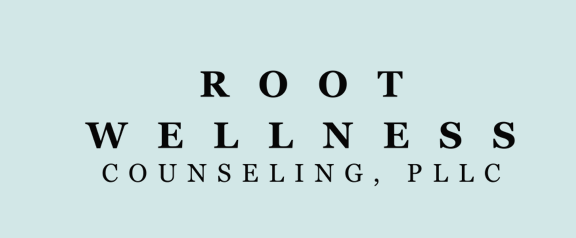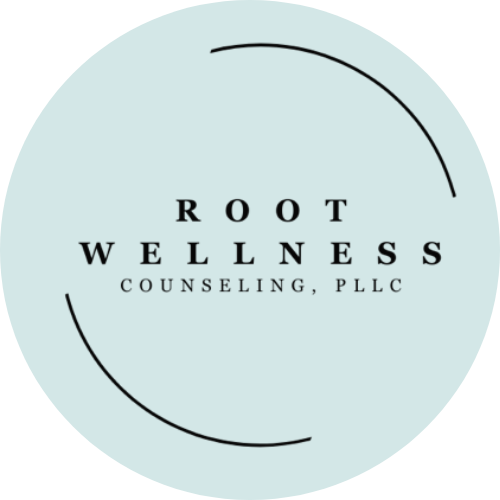Navigating the Transition: Coping with the End of Summer
As summer winds down and the days grow shorter, I often notice a shift in the emotions of my clients—and, truth be told, within myself as well. The end of summer can bring about a mix of feelings: nostalgia for the warmth and freedom of the season, anxiety about the changes ahead, and sometimes even a sense of loss. These emotions are natural, but for those of us who have experienced trauma, they can be particularly intense.
In my own life and in my work as a therapist, I've learned that the transition from summer to fall is a time when we must be gentle with ourselves. It's a period of change, and change—no matter how small—can be unsettling. As we move from the long, lazy days of summer into the structure and routine of fall, it's important to acknowledge the emotions that come up and to give ourselves permission to feel them fully.
Embracing the Feelings
One of the first things I encourage my clients to do is to simply notice what they’re feeling as summer ends. Are you feeling sad about the loss of summer’s light and warmth? Anxious about the busyness that fall often brings? Or maybe there's a sense of relief, looking forward to the crisp air and the return of routine. (Or maybe excitement for football season?) Whatever you’re feeling, it’s valid. Take a moment to sit with those emotions, without judgment.
For many of those with trauma histories, transitions can be triggering. The end of summer might remind you of other endings or losses you've experienced. It can bring up memories of times when you felt powerless or out of control. If this is true for you, know that you’re not alone. These feelings are a natural part of the healing process, and it’s okay to acknowledge them.
Finding Comfort in Routine
One of the ways I manage this transition is by focusing on routine. After the unstructured days of summer, re-establishing a routine can provide a sense of stability and safety. I often recommend that my clients create a simple daily routine as fall approaches. This could be something as basic as setting a regular wake-up time, planning meals, or incorporating a daily walk into your schedule.
Routines don’t have to be rigid—they can be flexible and adapt to your needs. The goal is to create a framework that helps you feel grounded during this time of change. For those of us who have experienced trauma, having predictability in our day can be incredibly soothing.
Practicing Self-Compassion
As we transition into fall, it’s important to practice self-compassion. This is a time to be gentle with ourselves, to recognize that we may need more rest, more comfort, and more support. Self-compassion might look like giving yourself permission to slow down, to say no to activities that feel overwhelming, or to reach out for support when you need it.
One exercise I often share with clients is to write a compassionate letter to themselves. In this letter, acknowledge the challenges you’re facing and offer yourself words of kindness and encouragement. Remind yourself that it’s okay to struggle with this transition, and that you are doing the best you can.
Embracing the New Season
While the end of summer can bring about feelings of loss, it’s also an opportunity to embrace the new season and all it has to offer. Fall can be a time of renewal—a chance to set new intentions, to engage in activities that nourish your soul, and to connect with the beauty of the changing landscape.
In my own life, I try to find ways to celebrate the new season. This might be through small rituals, like lighting a candle in the evening or taking a walk to admire the changing leaves. I encourage my clients to find their own ways of honoring the shift from summer to fall, whether it’s through nature, creativity, or connecting with loved ones.
Moving Forward with Intention
As we move from summer into fall, remember that it’s okay to take things one day at a time. This transition doesn’t have to be rushed. Allow yourself the space to navigate it at your own pace, with intention and care. And remember, you don’t have to do it alone—reaching out for support is a sign of strength, not weakness.
If you’re struggling with the end of summer and the start of a new season, know that there is help available. Whether it’s through therapy, support groups, or leaning on loved ones, you deserve the support you need to navigate this transition.

